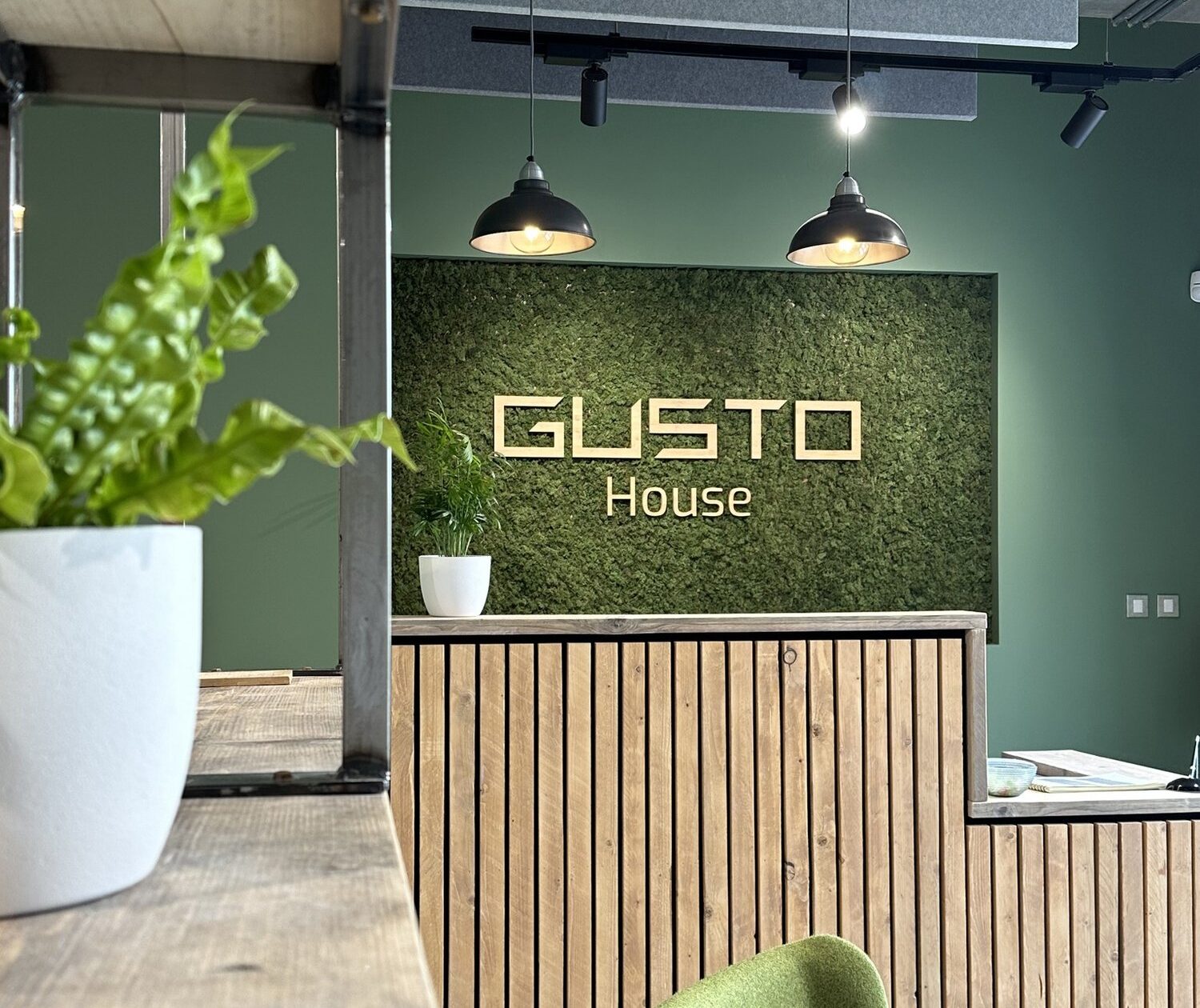Gusto Group: Where Passion Meets Innovation
For a man who says he has never had a proper job, Steff Wright, founder of Gusto Group, was destined to have a transformative effect on the work lives of many other people.
The football-mad entrepreneur began his first business at the age of 17 running mobile discos. An archetypal customer-facing enterprise providing disco entertainment was a modest but useful starting point in his career, where he learned the nuts and bolts of commerce.
Wright says: “I didn’t go to university. I didn’t get any formal education in business but I’ve just picked stuff up on the way. I got into a job in building and I did a building diploma and off the back of that I started to get into development.”
He founded Gusto Group with his brother, Jerome, in 1992 and it has gradually evolved into a diverse range of companies. It includes a construction and development company, Gusto Construction and Gusto Homes, an architect’s practice called SGA, and a manufacturing business called Rototek. The common theme threading them all together is sustainability and innovation.
It was the 1992 Rio Summit that fired Wright’s interest in sustainability and new technologies. This passion would see him make the unorthodox decision to switch from being the customer of a company that made rainwater harvesting systems and large underground storage tanks to buying it up when it went into administration.
“The business was just about to fall over,” Wright explains, adding: “We were going to lose them as a potential supplier. They were local to us. We understood the business a little bit and decided to step in. We bought the business out of administration and it had 40 staff at the time, very good engineers but not very good at the commercial side of running a business.”
His faith in the company would pay off. Eventually the failing business was turned around and is now a successful and innovative rotational moulding company employing 120 staff out of two different factories.
Wright’s belief in innovation doesn’t stop at the workplace. He himself lives on a development of 30 houses, built on land that was owned by the Lincolnshire Agricultural Society, which was keen to see more innovation on it. That’s when Wright stepped in with a development concept.
This content is restricted to site members. If you are an existing user, please log in. New users may register below.

